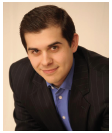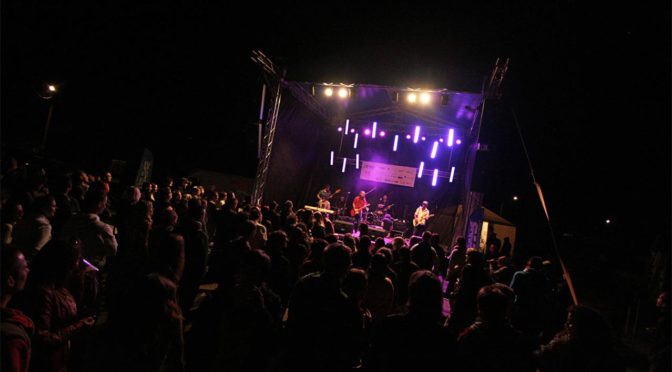 by Frank Gulino, Berenzweig Leonard, LLP and member of Local 161-710 (Washington, DC)
by Frank Gulino, Berenzweig Leonard, LLP and member of Local 161-710 (Washington, DC)
Whether you write music or operate a venue that features live performances, licensing impacts your business and livelihood. For composers and songwriters, licensing revenue provides an important source of income that enables them to keep doing what they do best. For bar and restaurant proprietors, providing live entertainment can help draw a broader audience, give the regulars a reason to stick around and buy that next drink, and generally improves the ambiance, adding value to the customer experience. By observing licensing requirements and presenting only appropriately licensed performances, we can ensure that composers and songwriters are able to keep turning out hits and also that venues are able to keep showcasing exceptional music played by talented bands. Given the broad reach and importance of licensing, there are a few key things critical to understand, no matter which side of the industry you’re coming from.
5 Things You Didn’t Know About Performance Licensing
1) The venue, not the performer, is responsible for securing licenses. It may seem counterintuitive that the venue is responsible for licensing a performance, rather than the musicians who are actually performing. The logic is that the venue is the party who ultimately derives the benefit from live performances. For example, a bar with a pleasant atmosphere that includes live music frequently charges a cover, and also sees the additional financial benefits of drawing more customers and being able to charge more for food and drinks than they would without live entertainment. As a result, the liability for unlicensed performances falls squarely on the venue.
2) What kind of venues need licenses? Any venue presenting live performances or playing nonbroadcast recordings needs a license! There are more than 100 different kinds of businesses that need to license music—bars, restaurants, hotels, shopping centers, museums, cruise ships, airlines, orchestras, and many more.
3) Performance licenses are required whether music is live or played from a recording. Radio and television don’t count, as long as you’re not charging a cover just for having the radio on, but playing a CD, record, or digital recording over the speaker system at your restaurant or retail store to liven up the atmosphere, or on an airplane to entertain passengers in flight, definitely requires a performance license.
4) If you place a caller on hold and play music over the phone, you need a license. Even hold music counts as a performance, believe it or not.
5) The rights to perform, record, physically copy, or use music in a film or commercial are licensed separately. Don’t assume that, if you have permission to do one, you have permission to do them all! Also, because those rights are not necessarily all held by the same party, you might have to do some legwork to secure all of those different permissions—but that’s another article.
So what can you do about it? The performing rights organizations in the North America—ASCAP, BMI, and SESAC (in the US), and SOCAN (in Canada)—are responsible for collecting licensing fees and distributing royalties for roughly 20 million different songs. Each organization offers blanket licenses that your business can purchase for a flat annual fee in order to have unlimited access to the largest repertories of music in the world. The songwriters get paid and the business owners get the right to use all the great music that’s out there. In the licensing game, everybody wins as long as you know the rules.
Frank Gulino (@GulinoFrank) is a composer, trombonist, Local 161-710 (Washington, DC) member, and business attorney living in the Washington, DC, area. As a composer, his works have been commissioned, recorded, and performed by some of the world’s foremost brass soloists, chamber groups, and symphony musicians at venues such as the Kennedy Center, the US Capitol, and conservatories and universities around the world. As an attorney, Gulino practices in the Entertainment, Sports and Media Law group at Berenzweig Leonard, LLP, in Tysons Corner, Virginia. He is an artist/clinician for the Edwards Instrument Company and performs exclusively on Edwards trombones.


